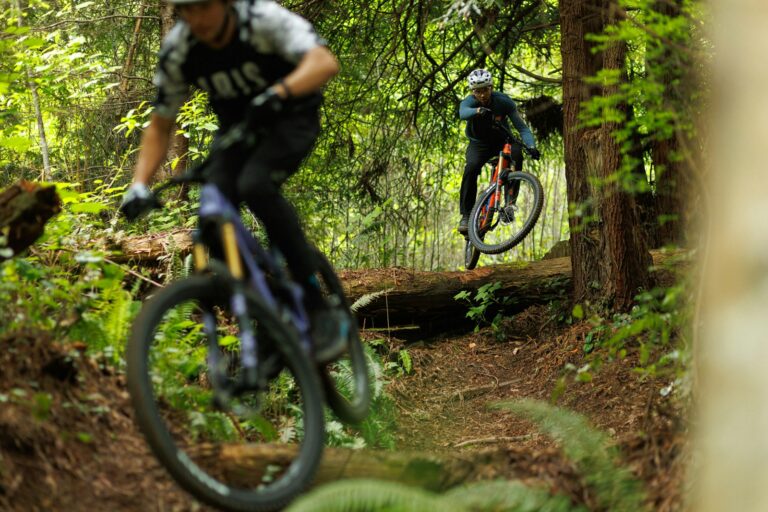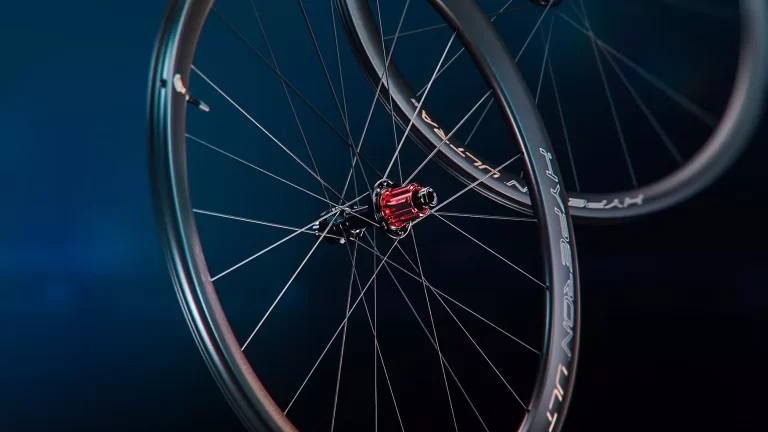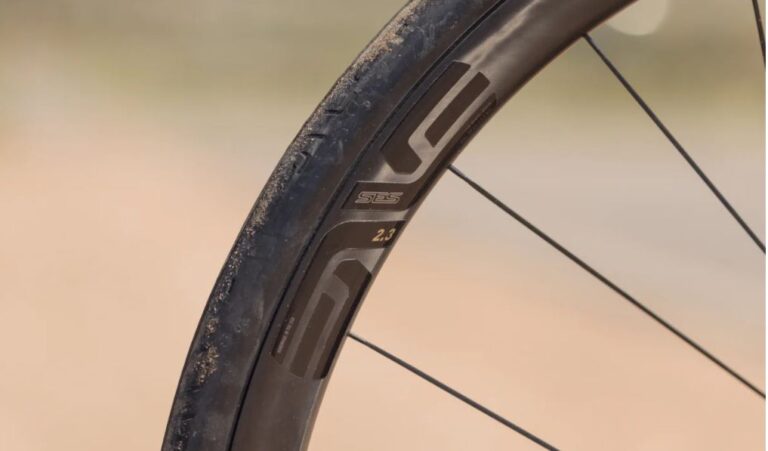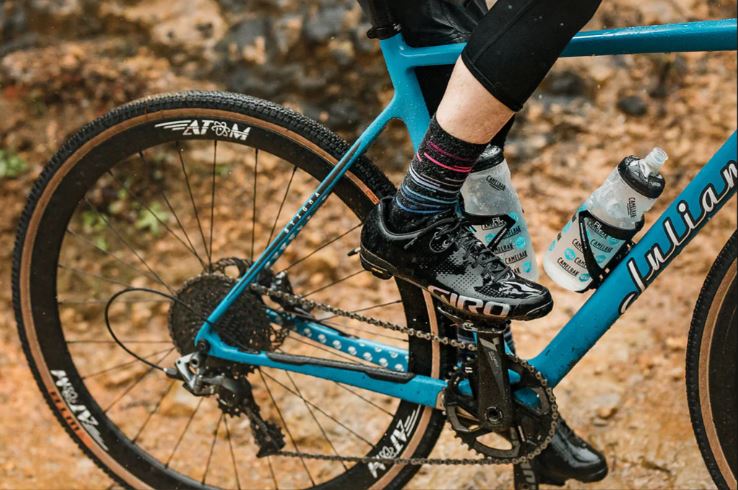Gravel Biking 101: Disc Brakes and Gravel Bike Wheels Compatibility
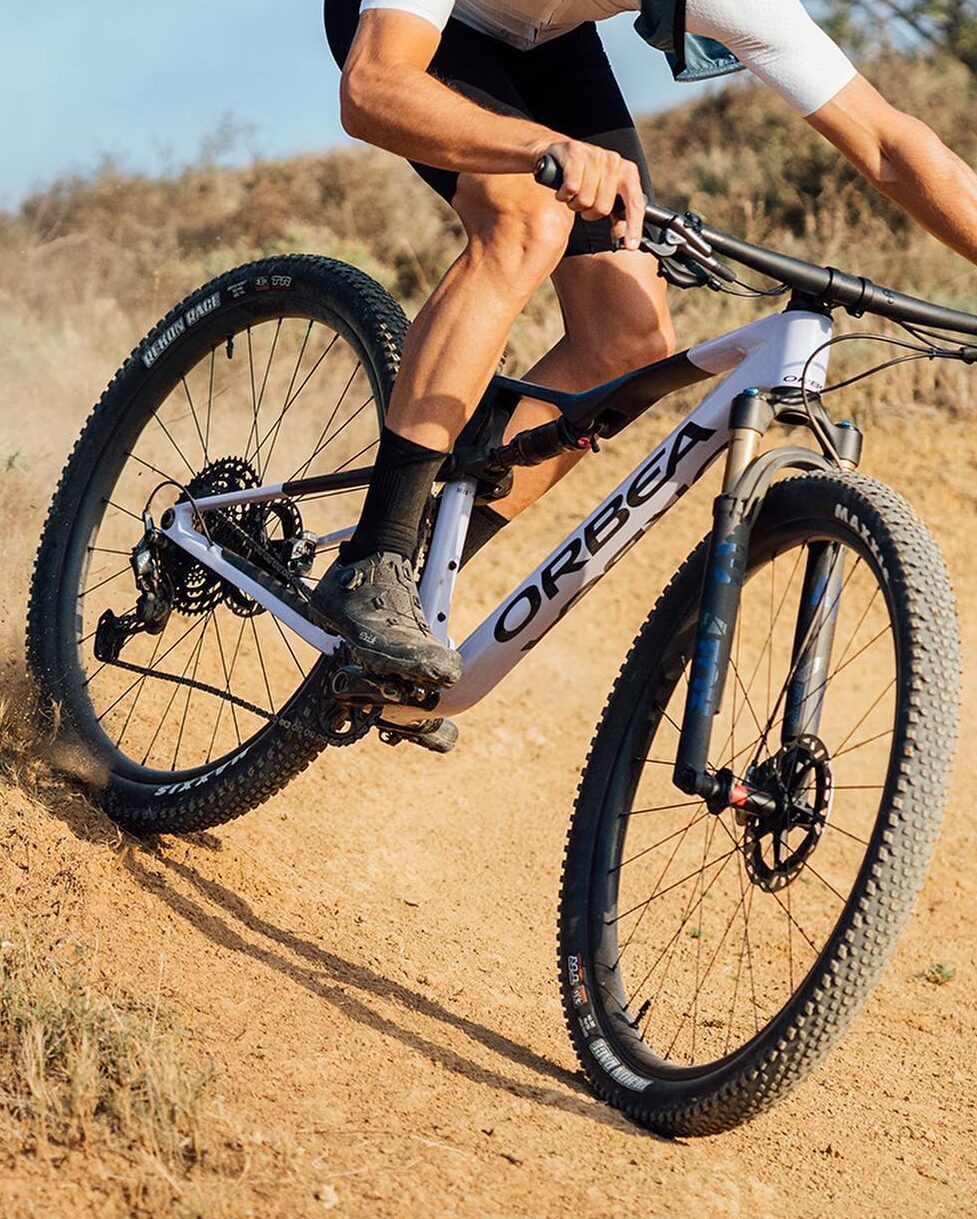
Key Point Summary of Disc Brakes and Gravel Bike Wheels Compatibility:
- Disc Brakes on Gravel Bikes: Standard for modern gravel bikes, offering consistent performance in diverse conditions.
- Wheel Compatibility Essentials: Understanding hub interfaces (6-bolt or CenterLock) and rotor sizes is crucial for matching wheels and disc brake systems.
- Benefits of Proper Compatibility: Enhanced braking reliability, improved control, and safety on variable gravel terrains.
- Choosing the Right Setup: Consider terrain, riding style, and bike specifications when selecting your gravel bike’s disc brake and wheel combination.
As a seasoned cyclist with a diverse background in mountain biking, gravel riding, and cyclocross, I’ve witnessed firsthand the transformative impact of disc brake technology on the cycling world. The adoption of disc brakes across all cycling disciplines, especially in gravel biking, has brought about a need for greater understanding of wheel compatibility and brake systems among riders.
Disc Brakes: A Gravel Standard
The shift towards disc brakes in the gravel scene is driven by their superior performance in the varied conditions gravel riders face. Unlike rim brakes, which can suffer in wet or muddy conditions, disc brakes offer consistent stopping power and control, regardless of weather or terrain. This reliability is crucial for navigating the unpredictable surfaces encountered on gravel adventures.
Understanding Wheel Compatibility
When upgrading or replacing wheels on a gravel bike equipped with disc brakes, compatibility is key. Disc brake systems require wheels with hubs designed to mount the brake rotors. There are two main standards for rotor attachment: 6-bolt and CenterLock. Additionally, rotor size compatibility and the wheel’s ability to accommodate the bike frame’s axle standards (quick release or thru-axle) are vital considerations. Ensuring these elements match is essential for a seamless and safe riding experience.
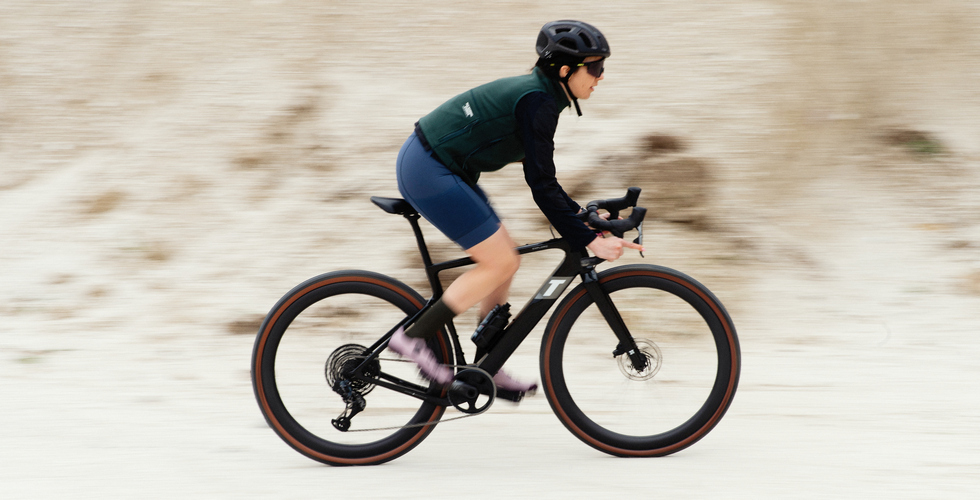
The Importance of Compatibility
Properly matching your gravel bike’s disc brakes with compatible wheels ensures optimal braking performance and rider safety. Compatibility affects not just how well your brakes function but also influences the bike’s handling and overall ride quality. Inappropriate or mismatched components can lead to brake inefficiency, increased wear on parts, and potentially dangerous riding conditions.
Selecting the Right Combination
Choosing the right disc brake and wheel setup for your gravel bike involves a few key considerations:
- Riding Conditions: Match your setup to the typical conditions you’ll face, with larger rotors for more demanding terrain.
- Riding Style: Tailor your choice to your riding preferences, whether speed-focused or prioritizing control and comfort.
- Bike Specifications: Ensure your selections are compatible with your bike’s frame and fork, particularly axle standards and frame clearance.
Personal Reflections
Reflecting on my journey, adapting to disc brakes and understanding wheel compatibility significantly enhanced my gravel riding experience. The confidence in my bike’s braking system, especially on long descents or through technical sections, transformed how I approached routes, allowing for greater exploration and enjoyment of the sport.
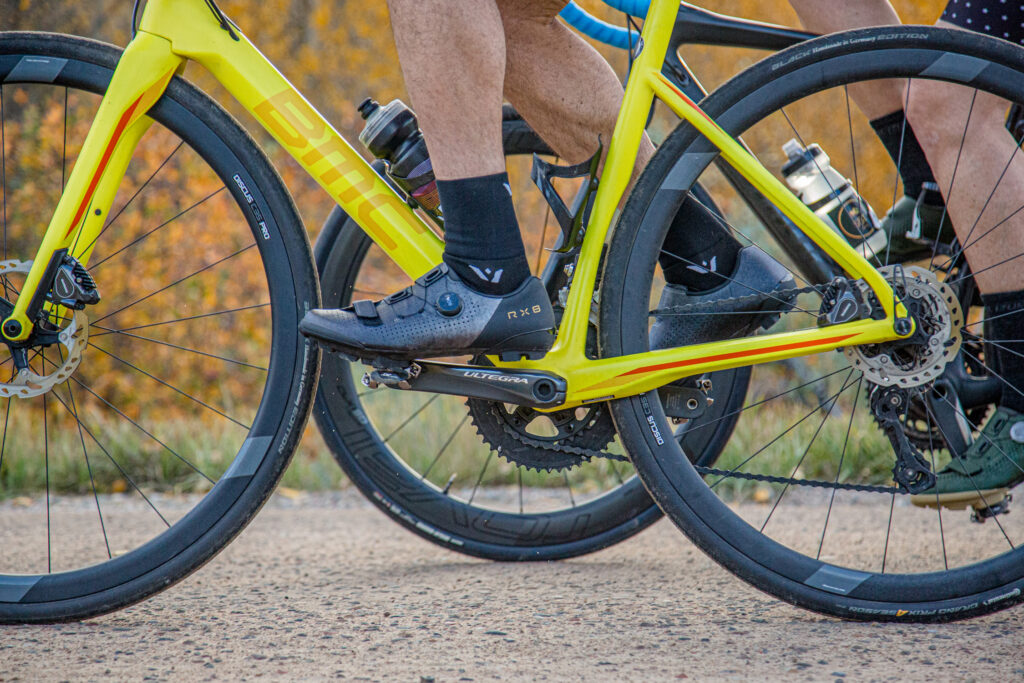
Disc Brakes and Gravel Bike Wheels Compatibility: Concluding Thoughts
The compatibility between disc brakes and gravel bike wheels is a foundational aspect of modern gravel cycling, influencing everything from performance to safety. As technology evolves and options expand, staying informed about these compatibility considerations enables riders to make educated choices about their equipment, leading to a more reliable, enjoyable, and tailored gravel riding experience.
A universally respected choice that aligns with the considerations of disc brake compatibility, performance, and versatility, the Zipp 303 Firecrest Carbon Tubeless wheelset often stands out. This wheelset is highly regarded for its balance of aerodynamics, durability, and lightweight design, making it suitable for a wide range of gravel riding conditions. Its compatibility with disc brakes, alongside a design optimized for tubeless tire setups, offers gravel riders reliable performance across diverse terrains.
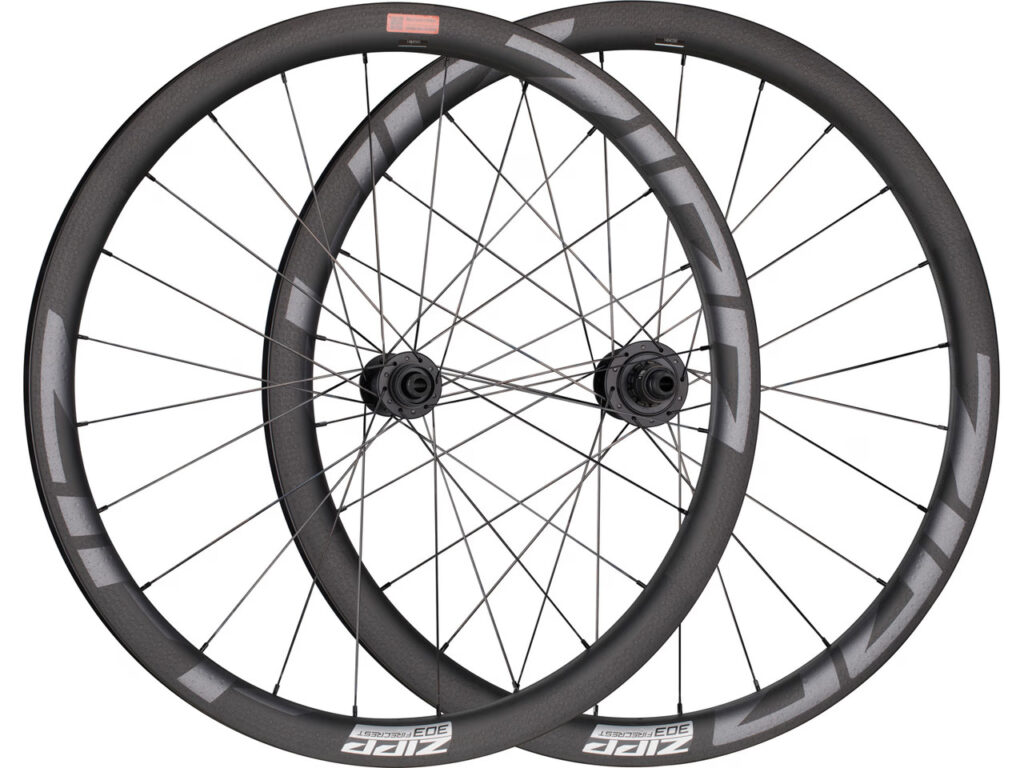
FAQ
Are all wheels compatible with disc brakes?
Not all wheels are compatible with disc brakes. Wheels need specific hubs that can accommodate disc rotors, either through 6-bolt or CenterLock interfaces.
Do I need gravel specific wheels?
While not strictly necessary, gravel-specific wheels can offer benefits like wider rims for better tire support and volume, as well as being optimized for the rigors of gravel riding.
Can you put disc brakes on any bike wheel?
You cannot put disc brakes on just any bike wheel. The wheel must have a hub designed to mount a disc rotor, and the bike frame and fork must have disc brake mounts.
Do I need disc brakes on a gravel bike?
While not absolutely necessary, disc brakes are highly recommended for gravel bikes due to their superior performance in diverse conditions, including wet and muddy environments, offering better stopping power and control.
Ride on
John
